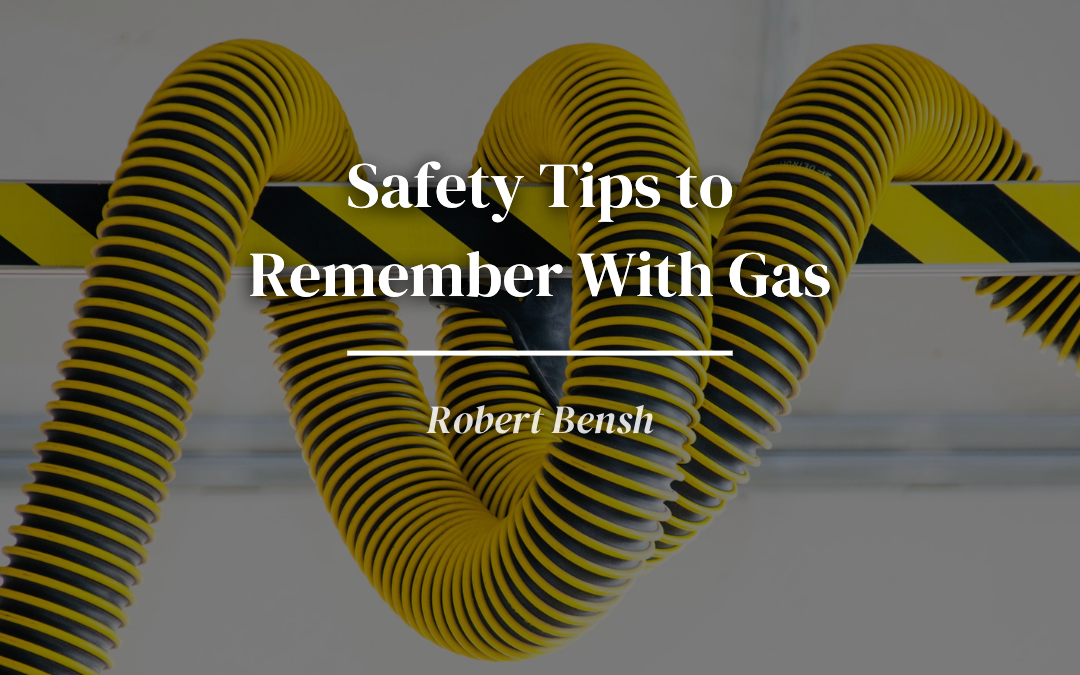Of all the fossil fuels, natural gas is considered to be the most environmentally friendly. Burning natural gas releases only water vapor, carbon dioxide, and trace amounts of nitrogen oxide, making it the cleanest burning of fossil fuels.
Although there are some emissions of greenhouse gases when burning natural gas, it is still a more sustainable option than other fossil fuels. Nevertheless, natural gas is combustible and may lead to fires if it leaks in a home and can cause gas poisoning if inhaled. To ensure safety, use natural gas with the same caution as any other energy source.
Nearly 187 million Americans rely on natural gas for its affordability, dependability, safety, and its role in protecting the environment, according to the American Gas Association. This number is increasing yearly, showing just how integral natural gas is to our lives. Natural gas is used to heat homes, provide hot water, and cook meals, proving to be an invaluable resource. If not handled properly, natural gas can be hazardous. To protect yourself and your family, follow some basic safety steps and know what to do in the event of a gas leak or exposure.
For your safety, it is important to know the signs of a natural gas leak.
If you suspect a natural gas leak in your home, it is important to be aware of the symptoms and take immediate action. Call 911 right away if you smell the distinct odor of natural gas, hear a hissing or blowing sound, or notice any physical signs of a leak, such as discolored vegetation or bubbling water. Ignoring the signs of a natural gas leak can have potentially negative consequences, so it is important to take the necessary safety precautions.
Examine appliances and devices that utilize natural gas regularly.
Routinely examining all gas-powered appliances and devices can help detect gas leaks in your home and prevent them from occurring. Ensure that you read and follow the manufacturer’s guidelines for each appliance to understand what to check for and how often to do so for optimal safety. Most gas-powered appliances such as furnaces, electric clothes dryers, water heaters, stoves, and electric generators have a pilot light. It should be small and have a blue flame with a yellow tip. If the pilot light is abnormal or missing, contact the manufacturer immediately.
Make sure to keep small children away from any sources of natural gas.
Parents should take precautions to protect small children from coming into contact with stoves, heaters, or other sources of natural gas. It is important to educate children on how to identify the smell of natural gas, as well as the symptoms of exposure. Additionally, make sure kids know what to do if they think there is a natural gas leak in the home.
Place carbon monoxide and natural gas detectors throughout your home.
Since slow natural gas leaks may not have a strong enough odor to be noticed, and some people may not have a keen enough sense of smell to detect a large leak, it is imperative that homeowners have a natural gas detector installed in their homes to alert them to the presence of gas. Carbon monoxide detectors cannot detect natural gas leaks in your home, but they can sound an alarm if there is improper burning of natural gas, kerosene, or other fuels in an unsafe manner.
Learn how to safely turn off the natural gas supply in your home.
In the event of a gas leak, everyone should know the location and how to use the gas shutoff valve, usually found outside the home. Shutting off the gas supply can help stop additional gas from escaping and prevent exposure to natural gas. If you suspect a natural gas leak, it is essential not to re-enter the building, even if the valve is closed. Immediately contact emergency services and wait for assistance.
